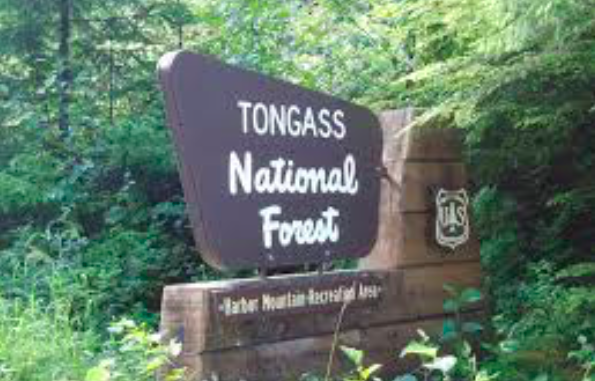The US Department of Agriculture announced Wednesday it opened a public comment period on its proposal to rescind the 2001 Roadless Rule.
The Roadless Rule, enacted nearly 25 years ago, restricts road construction and timber harvests on vast swaths of federal forest land. USDA officials and even some conservationists say the policy has hampered active forest management, including wildfire suppression, and stifled economic growth in rural communities. The rule has harmed several Alaska communities, particularly in Southeast Alaska.
The Biden Administration had pushed for recreation and protection only for America’s national forests, which are supposed to be managed for multiple uses, including timber harvest.
The agency will publish notice of its intent to prepare an environmental impact statement in the Federal Register on Friday, Aug. 29. The EIS process will evaluate the consequences of rescinding the rule and consider public input.
The proposed rollback would apply to about 45 million acres of inventoried roadless areas nationwide, including much of the Tongass National Forest in Southeast. State-specific exemptions for Colorado and Idaho would remain unchanged.
Agriculture Secretary Brooke L. Rollins said move is part of the Trump Administration’s broader effort to reduce regulatory burdens and return land management authority to local experts. Forest Service Chief Tom Schultz said the change is necessary to address today’s forest conditions, which he described as increasingly threatened by drought, disease, and wildfire.
The effort follows two recent executive orders from President Trump: one focused on eliminating outdated federal regulations, and another directing the Forest Service to exempt the Tongass from the Roadless Rule to support Alaska’s resource economy.
Public comments on the proposed rescission are due by Sept. 19, 2025. The Forest Service said additional opportunities for comment will be available later in the rulemaking process.
